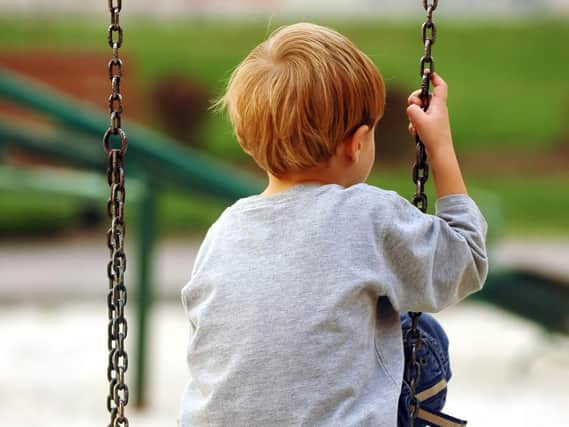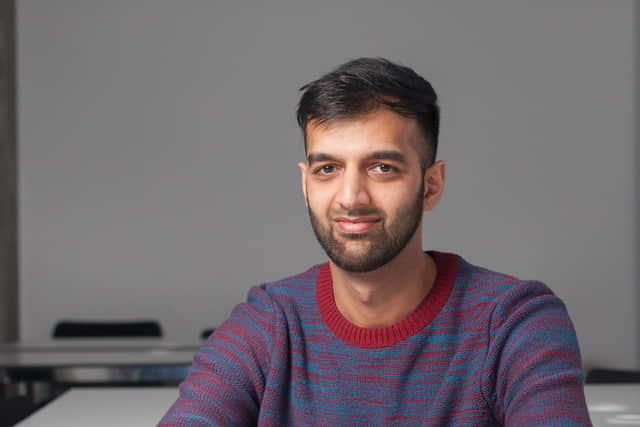Yorkshire research details scale of pressures faced by families of children with special educational needs


Senior lecturer Dr Umar Toseeb, a specialist on the mental health and wellbeing of children with special educational needs and disabilities (SEND), has been working on research with hundreds of families since March.
While many of the early findings would be “intuitive” to those in the sector, he said, what was surprising was the extent of disparities when it came to families’ support needs, from calls for reassurance to help with shopping and respite care.
Advertisement
Hide AdAdvertisement
Hide AdLess than half of parents felt the level of support they were given was enough to meet their child’s needs, while one in three said it was inadequate.


As early insight is given into research to be published in the New Year detailing how pressures mounted under lockdown, Dr Toseeb has called on services to consider how support can be given.
“Our research showed that families had unequal access to support during the first lockdown,” he said. “Some felt adequately supported whereas others felt completely abandoned.”
Dr Toseeb’s research, funded by Wellcome and launched just before March amid concerns over what was to come, covered a broad picture over families’ wellbeing, support and instances of sibling conflict.
Advertisement
Hide AdAdvertisement
Hide AdOver 90 per cent of respondents were mothers, with the child’s average age being 10.
The pandemic and resulting lockdowns had a “huge” impact on society’s day to day life, said Dr Toseeb, but proved particularly challenging for young people with SEND and their families as carefully established routines and relationships were lost.
Mental health
Initial insights suggested that while many children and young people had struggled with their mental health as schools closed, for others it had proved a sense of comfort to be together as a family, or removed from education pressures.
But when it came to support, there was a hugely varied response with the biggest call being for greater guidance - with 14 per cent of parents saying they needed professional advice, and 11 per cent seeking support on wellbeing.
Advertisement
Hide AdAdvertisement
Hide AdOne in 10 felt they needed more appropriate activities to be set by school, while eight per cent said they wanted to see a familiar face or help with respite.
Upcoming research, looking at instances of sibling conflict as an indicator of pressures in the home, found that young people with SEND were more likely to be picked on or hurt by their siblings as time at home progressed.
Sibling conflict
Surveying 504 parents between March and October, the research found a “significant” increase in sibling conflict.
This fell significantly when young people returned to school in September, but is outlined as an indicator of the kind of pressures that young people and their families faced under an already challenging situation.
Advertisement
Hide AdAdvertisement
Hide AdSpending extended periods of time at home without sufficient support had a negative effect on sibling relationships, the research concludes, a worry that has become more pronounced among younger children more reliant on day-to-day support.
The longer the lockdown continued, the more acute this became, the research found, with siblings and families likely to have suffered additional distress.
“Each young person with a special educational need and disability is unique and so the support they are offered should take into account their strengths and weaknesses,” said Dr Toseeb.
“Working with families will ensure the right type of support is provided at the right time.”
Advertisement
Hide AdAdvertisement
Hide Ad______________________________________________________________________________
Support The Yorkshire Post and become a subscriber today. Your subscription will help us to continue to bring quality news to the people of Yorkshire. In return, you'll see fewer ads on site, get free access to our app and receive exclusive members-only offers. Click here to subscribe.
